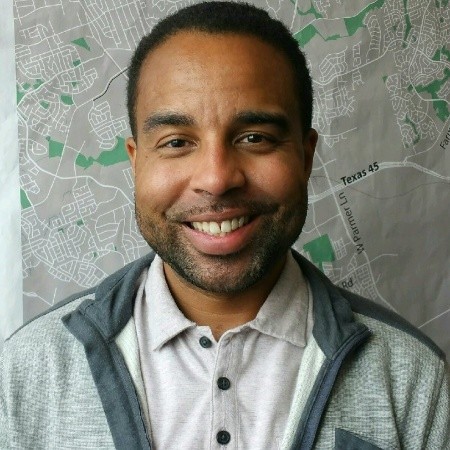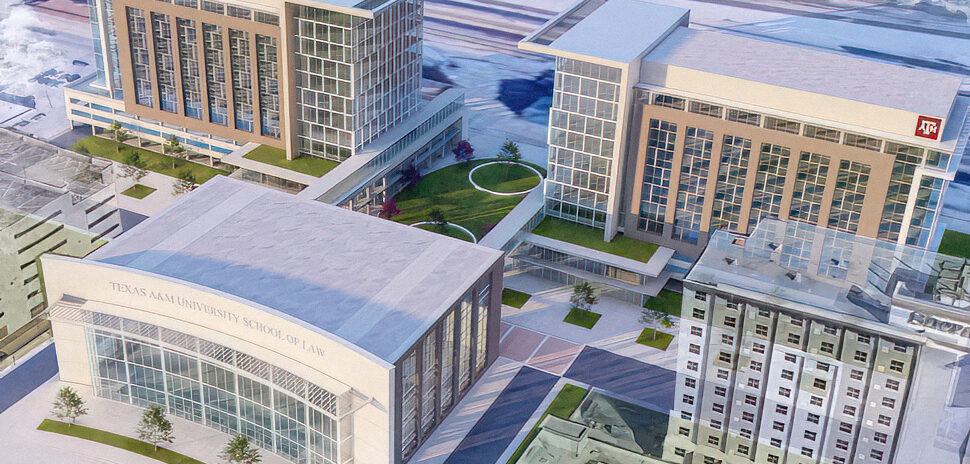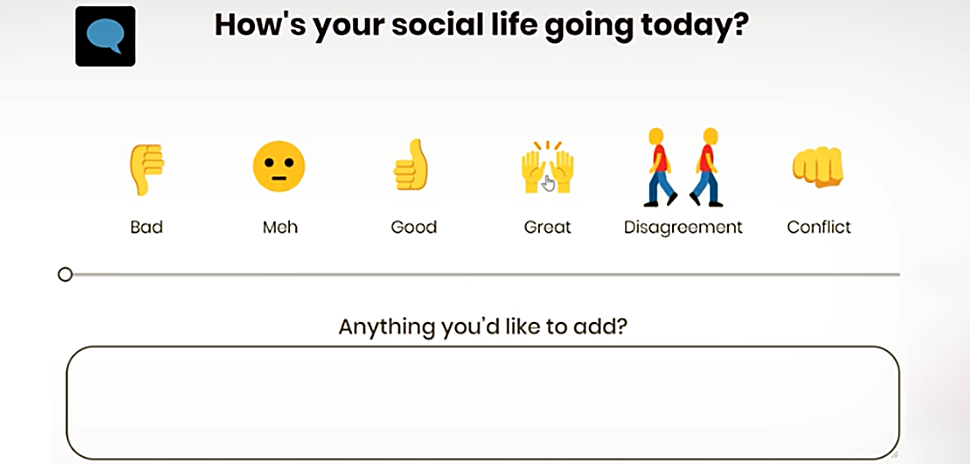The city of Fort Worth is the newest member of the North Texas Innovation Alliance (NTXIA), a regional consortium of more than 40 municipalities, agencies, corporations, and academic institutions intent on building the most connected, smart, and resilient region in the country.

Jennifer Sanders
The NTXIA said that Fort Worth’s coming on board signifies a major step toward the city’s continued commitment to enhancing quality of life, safety, public health, and welfare of residents in the region through “a data-driven approach.”
“Bringing Fort Worth into the alliance further strengthens our regional efforts in broadening smart city growth and economic development across North Texas,” Jennifer Sanders, NTXIA co-founder and executive director, said in a statement. “We’re proud to partner with city leadership who have demonstrated forward-thinking approaches to improving broadband infrastructure, mobility, entrepreneurial development and access to economic opportunities and human services, as well as offering scalable solutions for the North Texas region, as a whole.”
“We look forward to a collaboration that will help maximize the public benefits gained through the development of an interconnected, safe and efficient smart city system,” Sanders added.
Cities in the NTXIA include Dallas, Arlington, Frisco, Irving, Plano, McKinney, Richardson, Addison, Allen, Coppell, Cedar Hill, Garland, Corinth, and Wilmer.
Other alliance members include Dallas County, Dallas College, DFW Airport, the Dallas Innovation Alliance, the Dallas Regional Chamber, the Fort Worth Chamber, DART, the North Central Council of Governments, the Texas Research Alliance, Internet for Dallas, RCE North Texas, the North Texas Commission, and the McKinney Economic Development Corporation.
Exploring new technology at The MIZ and beyond

Carlo Capua
Fort Worth, the fastest-growing large city in the U.S., has adopted a systematic and purposeful approach to smart city integration, with broadband integration as a central focus, NTXIA said.
The city implemented a fiber ring to connect city facilities and provide high-speed internet access to underserved neighborhoods, created smart intersections with advanced detection capabilities to improve safety, deployed Distributed Acoustic Sensing for data collection, improved dynamic signage, and more, the organization said.
The city of Fort Worth supports the Alliance Texas Mobility Innovation Zone (The MIZ) as a designated tech space that enables the testing, scaling, and commercialization of new technologies in surface and air mobility.
NTXIA said that in partnering with the organization, the city will receive practical guidance on integrating these projects into a globally recognized, world-class smart city ecosystem.
“In addition to welcoming nearly 20,000 new residents each year, the city is ramping up for major upcoming events like the 2026 World Cup and the 2024 CrossFit Games, which present tremendous economic and investment opportunities for our city,” Carlo Capua, chief of strategy and innovation for the city, said in a statement.
“In partnering with NTXIA, Fort Worth is taking a leadership role in fostering collaboration and adoption of new technologies throughout the broader North Texas region,” Capua added. “We’re exploring the use of artificial intelligence and machine learning to expedite the construction permitting process, as well as exploring pilot programs around on-demand rideshare and digital twinning as a tool for predictive modeling to help ensure we are making the best decisions possible for the public.”
Capua said Fort Worth is working on “a proactive and regional approach to smart infrastructure upgrades that don’t stop at the city limits.”
“With NTXIA providing guidance, we have additional support to ensure our city is taking the best approach in implementing our smart infrastructure and smart city upgrades through the region,” he added.
A smart region strategy for North Texas

Kelly Porter
NTXIA said that a key part of Fort Worth’s smart infrastructure strategy is the concept of broadband as a mode of transportation and mobility—and that one of its standout policies is leveraging transportation funds as a means of expanding broadband access in a more equitable way.
Joining the organization will allow the city to accelerate smart city initiatives, specifically around large-scale events and moving people to and from the city center as quickly and efficiently as possible, staying up to date on AI policies, and creating legacy projects that will extend throughout North Texas.
“The term ‘smart city’ isn’t just one thing. It describes how we approach the decision-making process, using different technology to analyze challenges and solutions in a rational, deliberate way that is based on data,” Kelly Porter, Fort Worth’s assistant director for transportation and public works, said in a statement.
“Part of our strategy is viewing broadband and high-speed fiber as the foundation that supports everything else, and partnering with NXTIA helps us think creatively about how to build and fund that infrastructure,” Porter added. “The knowledge, resources and connections available to NTXIA members will directly support the city’s goal of serving as a proving ground for using transportation funding streams to provide equitable access to the community and recognizing broadband as a public utility and mode of mobility. We’re constantly thinking through and modeling how to incorporate broadband into transportation projects and how to deliver it to the people who need it. In working with NTXIA, we hope to be a model that other cities can follow.”
The North Texas Innovation Alliance is a consortium of key cross-sector stakeholders that are working to develop and implement a smart region strategy for North Texas.
The organization says its mission is to break down silos and drive the collaborative use of data, technology, and community to address the most pressing topics and create solutions that will improve quality of life, drive inclusive economic development, and promote resource efficiency.
![]()
Get on the list.
Dallas Innovates, every day.
Sign up to keep your eye on what’s new and next in Dallas-Fort Worth, every day.




































































